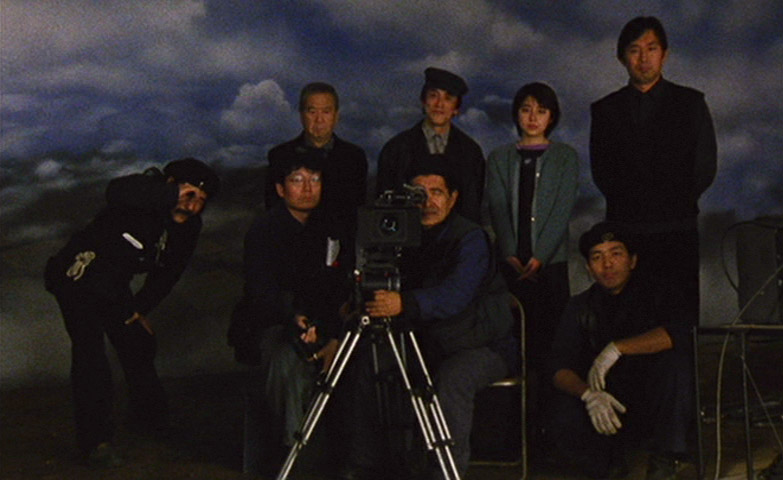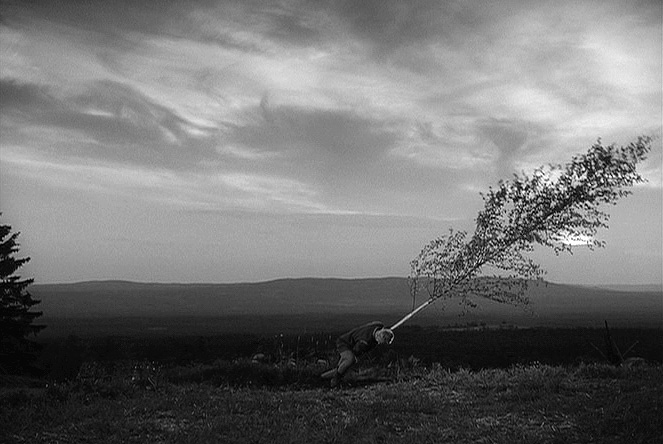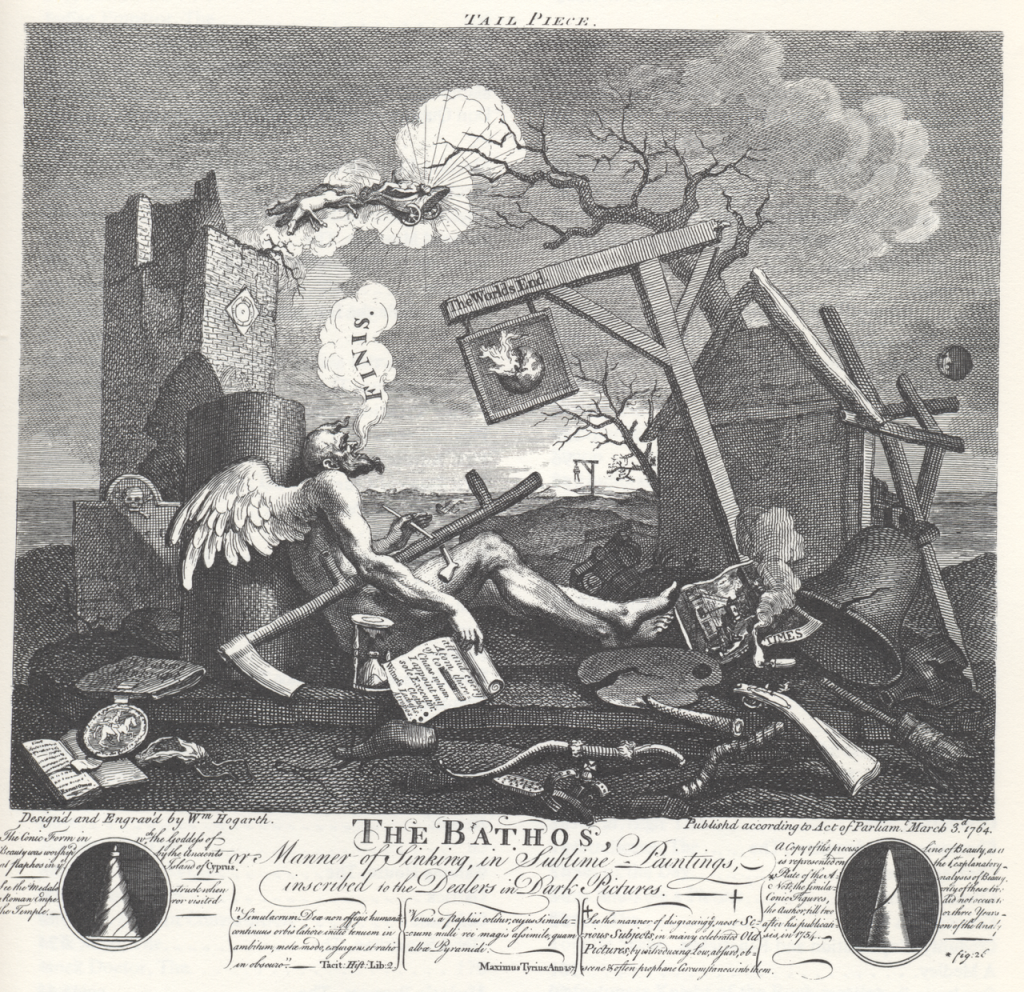September 6, 2010 permalink
Objects of Play
From an insightful entry on the Toy Story trilogy on Bat, Bean, Beam:
Of course the toys aren’t really toys, they are allegorical figurines that we are supposed to read human meanings into, but I want to try to be literal for a moment. There is one irrefutable truth that we learn through the films about the toys’ psychology, one trait that all of them except a pair of scarred deviants – Stinky Pete and Lotso – have in common: what they like best is to be played with by children. But it so happens that at those times they are limp and inanimate; as is the case whenever they are in the presence of people, their spark abandons them, their eyes become vacant – a point that is further underscored in Toy Story 3 by the otherwise extraordinary capacity for expression of those eyes. So what the toys derive the most pleasure from is also what flicks their off switch, reverting them to the base status of mass produced consumer objects: every Sheriff Woody, every Buzz Lightyear totally identical to any other, therefore totally interchangeable, Andy’s marker-pen branding notwithstanding.
That is curious, from a philosophical point of view. More unhappy/unheimlich psychoanalysis of the Toy Story fiction over at Frieze Magazine.


